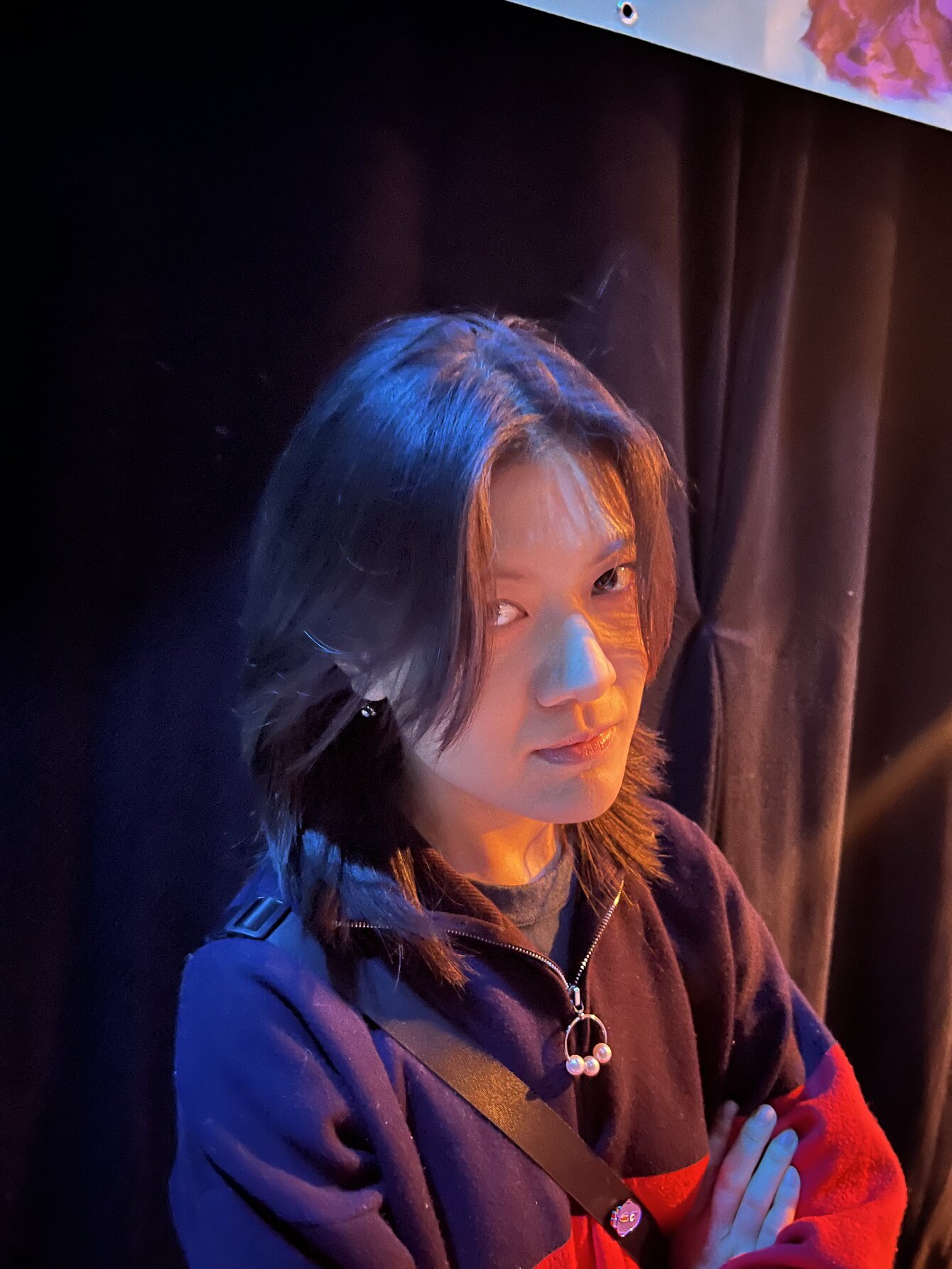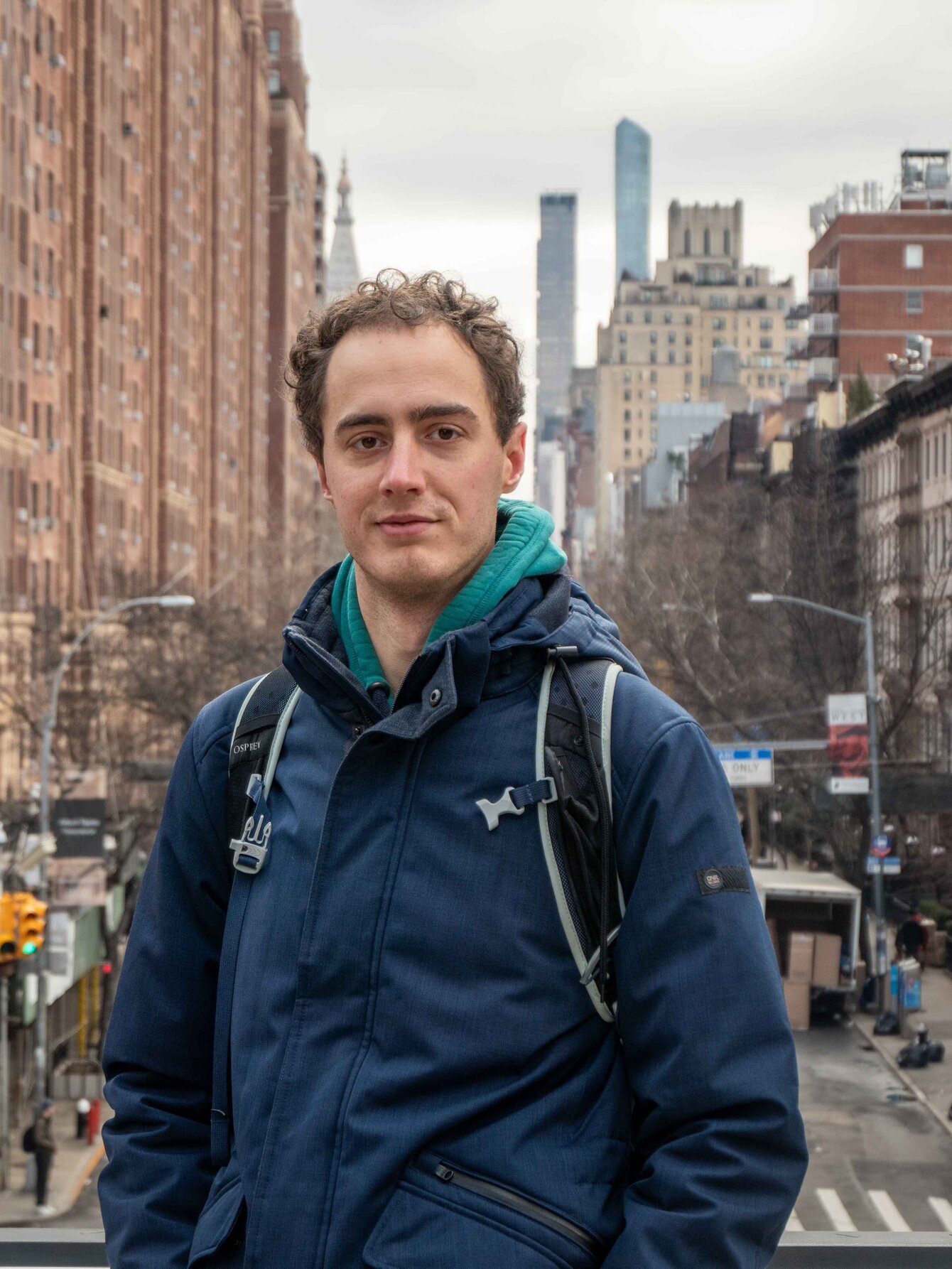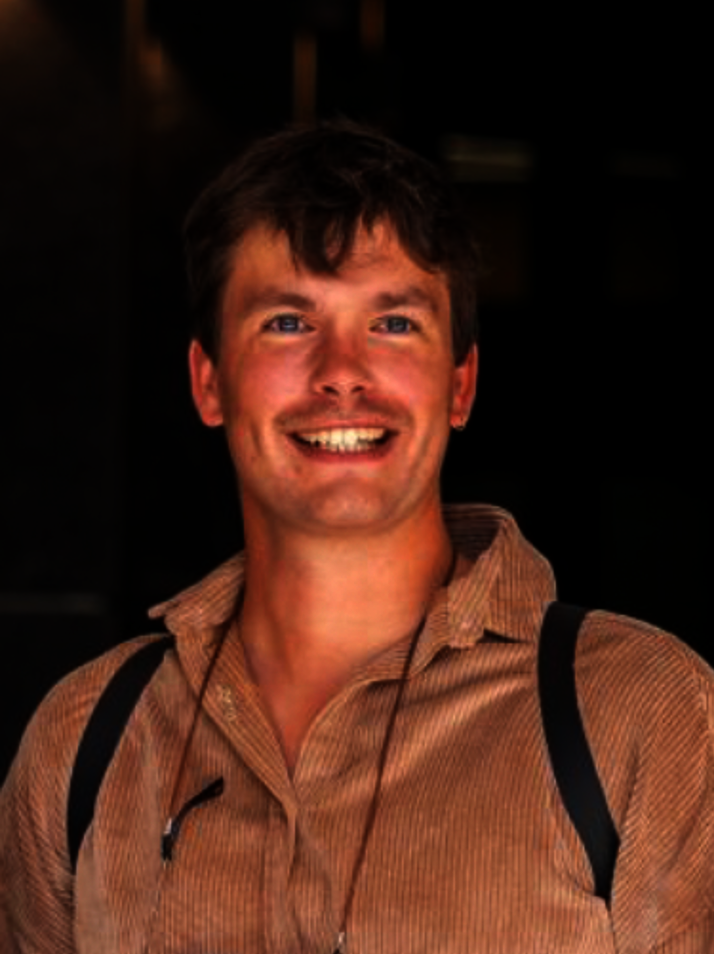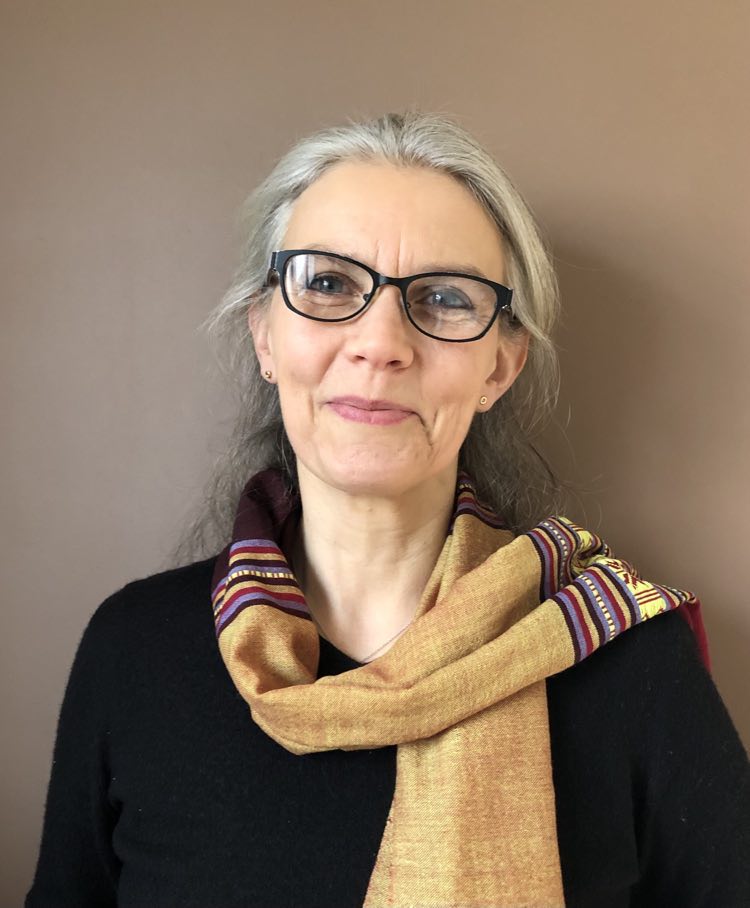Post-DocsYixin Cao and Harro Jongen

YIXIN CAO
Presentation of myself: postdoctoral researcher at the University of Strasbourg, France. She has working experience in both Europe and Asia. Her research examines water as a social-ecological system. Her work focuses on water management and governance, river restoration, river bathing/swimming, non-human and more-than-human justice, and human-nature relationships.
Link to my webpage: ORCiD ResearchGate Google Scholar Linkedin
Presentation of my research work:In University of Strasbourg, I study "Social-Ecological Transition of Water Governance: Indigenous Rights of Nature Movement and Emerging River Personhood Initiatives in France". I am involved in the French national research program OneWater – Eau Bien Commun: https://www.onewater.fr/fr, specifically The Target Project (Projet Ciblé) 7 (PC7, Water Governance & Social-Ecological Transition). My project examines emerging movements that recognize rivers/waters as legal persons, reflecting Indigenous-inspired perspectives that see water as a living entity. Through a global review and French case studies (e.g., the 2021 declaration of the rights of the Tavignanu river in Corsica), it analyzes how these legal/social initiatives challenge existing water governance frameworks and explore new pathways for more sustainable and inclusive human-nonhuman relationships.

HARRO JONGEN
Presentation of myself: postdoctoral researcher at the Karlsruhe Institute of Technology. At Wageningen University, I followed both my bachelor “International Land and Water Management” and master “Earth & Environment” specializing in hydrology. My PhD was also at Wageningen University and combined hydrology and meteorology to understand the interaction of the water and energy balances in the urban climate. My research interests include hydrometeorology, urban climate, and land–atmosphere interactions, with a particular focus on evaporation processes and the surface energy and water balance. My work combines models such as large-eddy simulations (LES) and urban land surface models with the analysis of observational data to advance understanding of urban climate dynamics and inform climate-resilient urban planning.
Link to my webpage: https://www.iwu.kit.edu/wb/staff_2712.php
Presentation of my research work:
- WEFLOWS: Water and Energy FLuxes for Optimizing Urban Sustainability
- This research explores how urban water bodies—such as ponds, canals, and lakes—affect local temperature and humidity in cities. The study aims to understand under which conditions and with what characteristics these water elements help reduce heat stress, when they may have little effect, or even contribute to warming.
- Highlights
- The project uses extremely high-resolution (1 m) large-eddy simulations with the PALM model (PALM4U) to capture the heat stress at the pedestrian level.
- Systematically modeling different design choices will assist in the creation of guidelines for more comfortable open water spaces.
- Unfortunately, running a model like PALM takes a lot of preparation and I do not have intermediate results to show yet.






